Planting in Durham can be a fun and successful hobby. To make it more successful, we’ve created a tiny little cheat sheet to get you started.
Last Frost
The most important day to remember for planting is the last frost. Most garden plants cannot survive outdoors in a frost without some added protection.
Last Frost: NC State says April 5 (average)
Personally, I’m doing my planting April 17 this year because that’s when it gets down to a 10% chance or less there will be another frost. When we get closer, the extended forecast will guide me!
Starting with Seeds or Plants
If you’re starting with plants that are already partially grown, you don’t need to care about any other dates. Once the frost is behind us, you can put those lean mean green beans in the dirt. Hopefully you’ll plant atop some fresh compost.
If you’re starting with seeds, you need to know the germination period. Your goal is to have all of your plants germinated and partially grown by the time you transplant them outside, but not so grown they’ll die with the changed conditions.
Major Plant Categories
If you’re planting by seeds, I’ve done a little research into when you need to begin planting your seed starters.
Keep in mind that these are broad generalizations. Your growing conditions and your specific type of plant may require different timeframes. I’m basing all of my dates below on a last frost of April 17. If you’re transplanting earlier or later, add or subtract the correct number of days.
Seed In Soil Date
- Beans and Peas: April 3.
- Broccoli: January 30.
- Carrots: March 13.
- Corn: April 7.
- Cucumbers: April 17.
- Greens: Covered, all winter long.
- Peppers: January 30.
- Potatoes: February 15 outdoors.
- Pumpkins: April 29.
- Tomatoes: March 20.
- Watermelon: April 3.
Transplant to Outdoors Date
- Beans and Peas: April 17.
- Broccoli: April 3.
- Carrots: March 27.
- Corn: May 1.
- Cucumbers: May 8.
- Greens: Covered, all winter long. Do not plant outdoors when it is starting to get hot.
- Peppers: April 17.
- Potatoes: February 15.
- Pumpkins: Late May-Mid June.
- Tomatoes: May 1.
- Watermelon: April 24.
Table of Dates
| Plant Type | Seed in Soil Date | Transplant Outdoors |
| Beans and Peas | April 3 | April 17 |
| Broccoli | January 30 | April 3 |
| Carrots | March 13 | March 27 |
| Corn | April 7 | May 1 |
| Cucumbers | April 17 | May 8 |
| Greens | All Winter (Covered) | Not Summer |
| Peppers | January 30 | April 17 |
| Potatoes | February 15 (outdoors) | February 15 (outdoors) |
| Pumpkins | April 29 | Late May-Mid June |
| Tomatoes | March 30 | May 1 |
| Watermelon | April 3 | April 24 |
Cold Resistant Plants
Some plants can be planted earlier. These are frost resistant plants. Most leafy greens are frost resistant. In fact, they hate the heat. Also, broccoli is a frost resistant plant! You can start your broccoli a couple weeks before the last frost, but still don’t plant if temperatures are going to be below 26 degrees.
Planting in Durham is surprisingly easy once you get the hang of it. The important thing to remember is that it’s for fun. Even if your tomato plant gives you little to no yield, you’re still learning and trying.
Be Flexible
Obviously, if there’s still frost in the forecast, you should adjust your dates accordingly. The reason we use the last expected frost date as a guide is because we don’t know what the seven day forecast will look like in April when we’re planting seeds in the winter.
On the flip side, some plants should not be grown too long indoors. They get used to it. Carrots, for example, should not be transplanted once they start getting too big. I’ll only ever transplant the small sprouts. Some people recommend not transplanting carrots, beans, peas, or corn at all. It’s up to you. Mature plants, of all varieties, do not transplant super well.
What If I’m Late?
If you’re late getting seeds into soil indoors, it probably isn’t too late just yet. Even peppers (the slowest growing plant I do) will just be a little late producing their fruit if you plant them now. Alternatively, you can just buy mature plants from a store once the last frost has passed.
Or, get one from a friend! I know I’ll have a significant surplus of plants this year to trade with friends for plants and supplies I don’t have as much.
For example, I have over 100 pepper plants coming along nicely, but if my friends have successful strawberry plants, I might need help there!
One thing you shouldn’t do is over fertilize! Over fertilizing a plant might get it to grow more rapidly than the plant can handle, or it might kill it outright. I lost a large batch of basil this way.
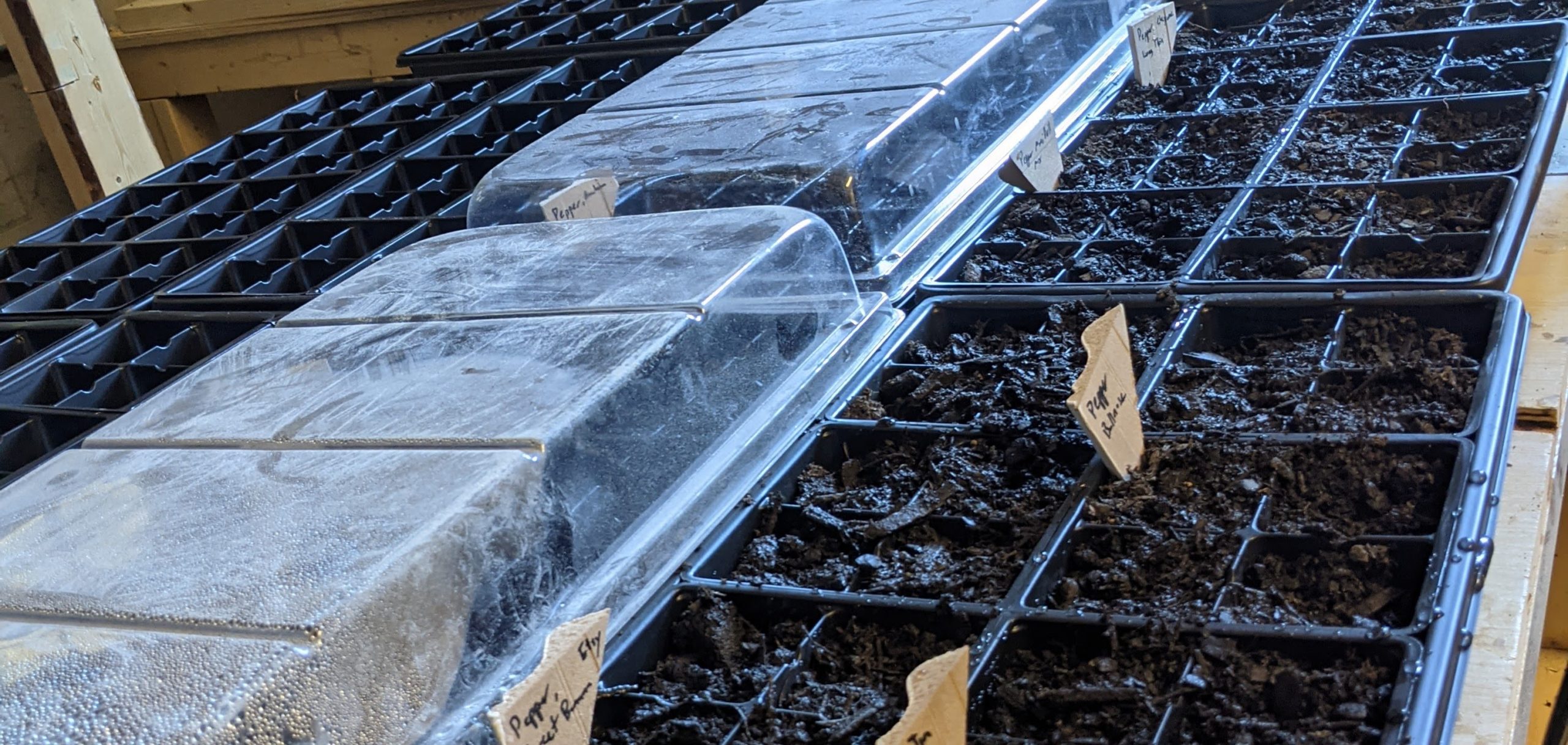

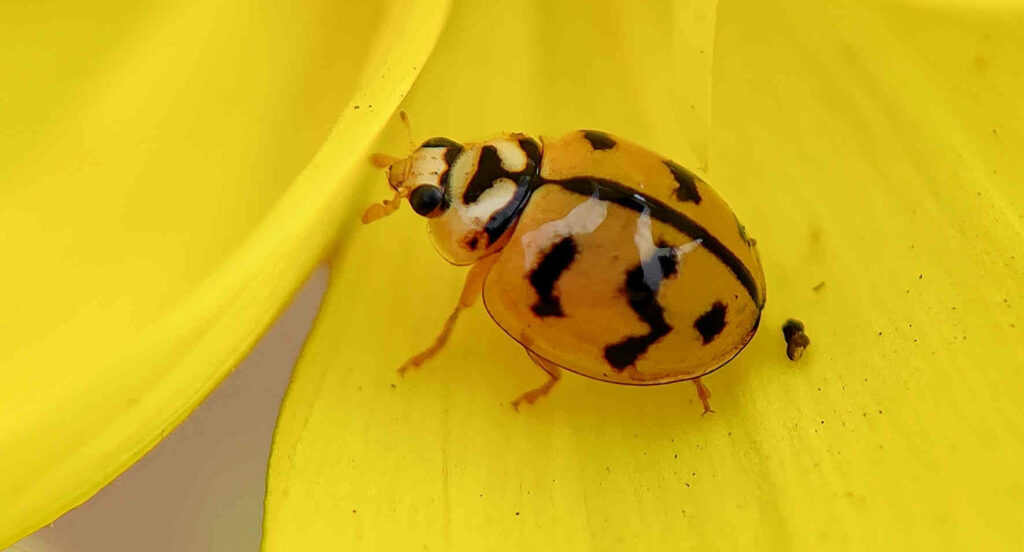
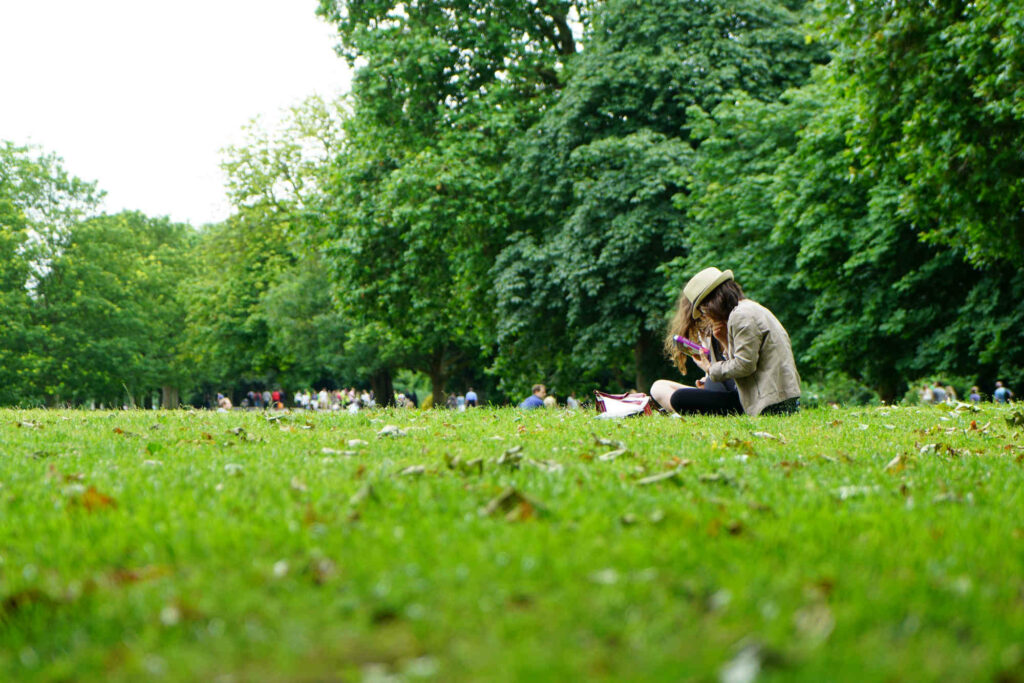
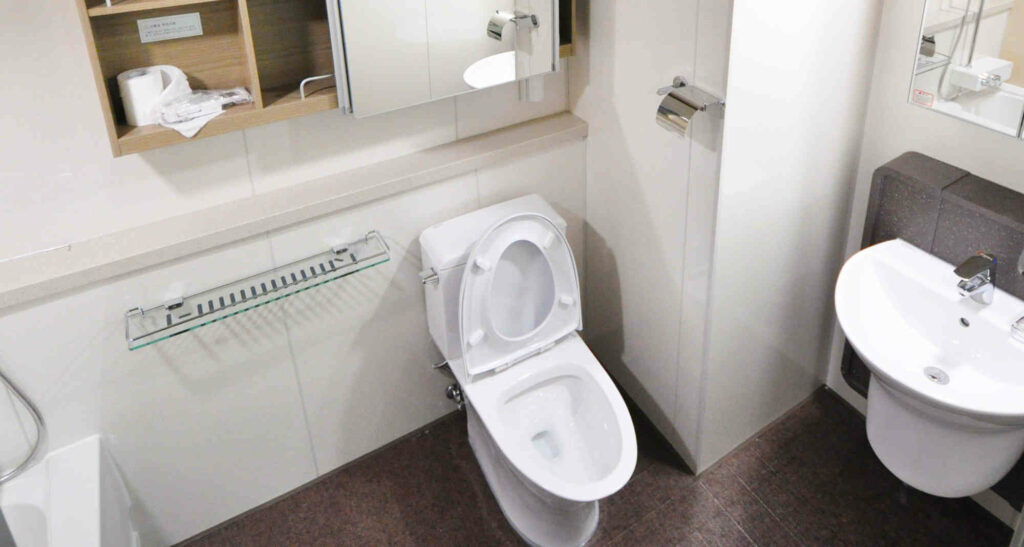
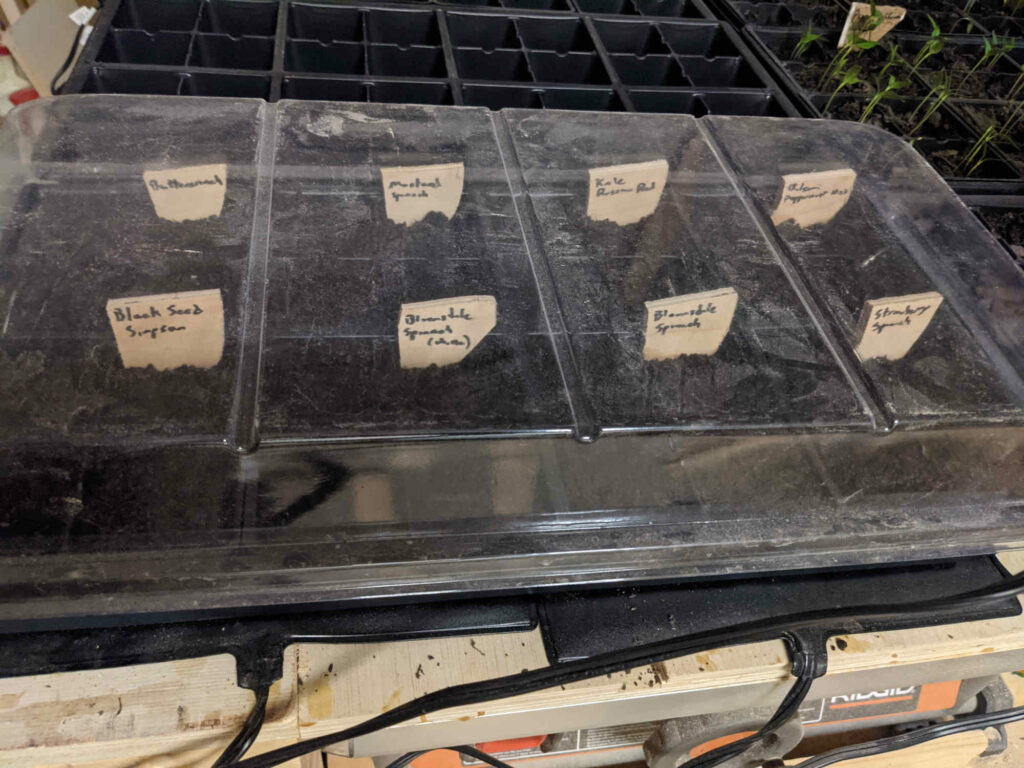
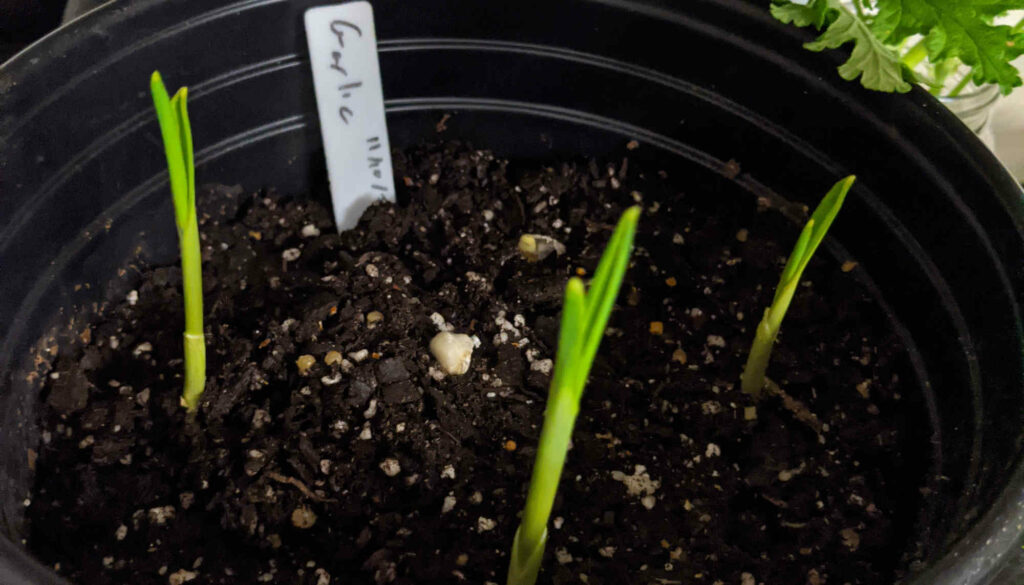
Leave a Reply